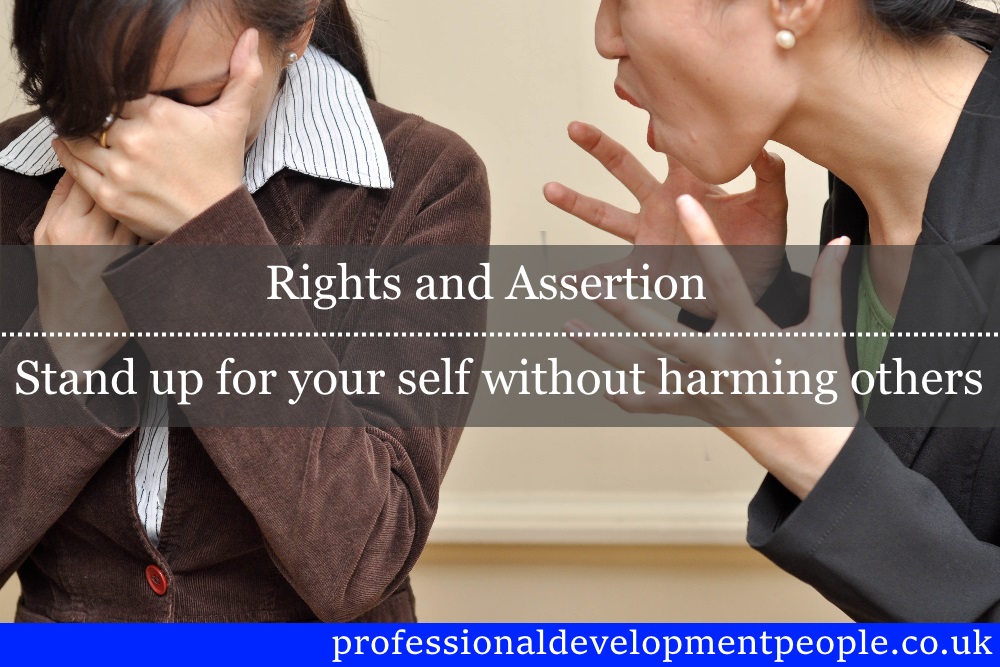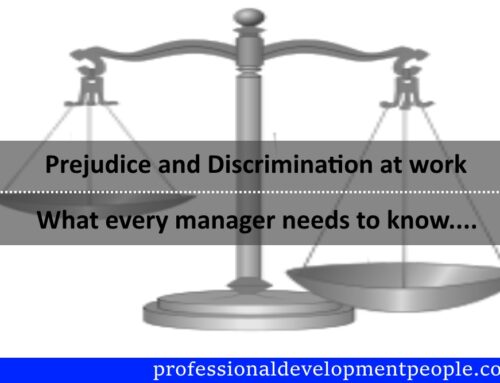As we mentioned in a previous blog you cannot be assertive without knowing what your rights are and knowing the rights of those you communicate with. It’s a pretty common thing to hear “I know my rights!” very popular in every school up and down the land and also in many work places. What are these rights?
Historical Rights and Assertion
We can look back 800 years to the first bill of rights and the signing of the Magna Carta or even a bit closer to 1998 and the Human Rights act. I suppose that if you felt you had your Human Rights violated there would be a legal route for you to seek redress. But we aren’t talking about those legal rights.
Choose a life context, the work place? The pub? The home?
Ask yourself what rights do you have, that might not be covered in law? For example at work you have the right to say “no”, and so does everyone else. You have the right to be adequately resourced to conduct your job. You have the right to work hard. You have the right to be managed. You have the right to manage.
Interestingly along with these rights come a couple of other things. Responsibilities and Consequences. So if you assert your right to say “no” at work you have a responsibility to do that in a way that does not violate the rights of others. You should also look at the consequences of your assertion. I have the right to say no, the responsibility to do it in an appropriate way, the consequences…… be sure you know them before you assert yourself, it puts you in a powerful position, regardless of your seniority. It might also allow you to select the right time, place and media for your rights and assertion.
Understanding this is central to influencing, communicating effectively and managing people. When those around you violate your rights you need to be clear about the violation, your responsibilities and the consequences, permitting yourself to be assertive and get good outcomes.
Frequently we see people misunderstanding and defaulting to the aggressive “just do it!” the submissive “yes”. Maybe it would be useful to explore what happens, classically people put up with the aggressive because it’s about power abuse, and people fail to recognise the application of power. Would it be really helpful to understand, recognise and deal with the 6 most common power plays?
Power coming soon……..





